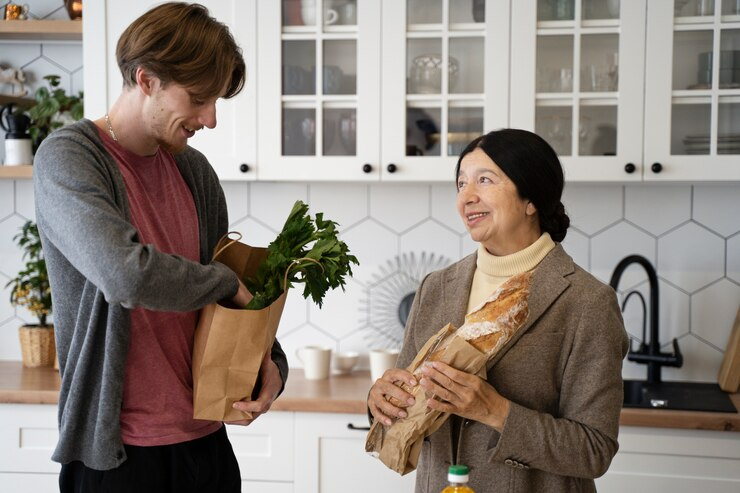
In today’s world, personalized care plans are transforming elderly home care. These tailored approaches ensure that each individual receives care suited to their unique needs. The evolution of respite in-home care is a prime example of this shift, offering both flexibility and specialized support.
Understanding Personalized Care Plans
Personalized care plans are more than just a list of tasks. They are customized strategies designed to meet the specific needs of each elderly person. These plans take into account medical history, preferences, and daily routines. Instead of a one-size-fits-all approach, care is tailored to enhance comfort and quality of life.
The Role of Respite In-Home Care
Respite In-home care plays a crucial role in this model. It provides temporary relief for primary caregivers, allowing them to rest and recharge. During this time, professional caregivers step in, delivering consistent and personalized care. This approach not only supports the elderly but also helps family caregivers maintain their well-being.
Enhanced Quality of Life
One of the key benefits of personalized care plans is the improvement in the quality of life for the elderly. When care is tailored to individual needs, it can lead to better health outcomes and increased satisfaction. For instance, if a person has specific dietary requirements or mobility issues, the care plan will address these, ensuring they receive appropriate support.
Flexibility and Adaptability
Personalized care plans are inherently flexible. They can be adjusted as needs change over time. For example, if an elderly person’s condition evolves, the care plan can be updated to reflect new medical advice or personal preferences. This adaptability is crucial in maintaining a high standard of care.
Support for Family Caregivers
Family caregivers often face significant challenges. Personalized care plans, including respite in-home care, offer vital support. They help manage the demands of caregiving, reducing stress and preventing burnout. This support allows family members to focus on their own well-being while ensuring their loved one receives the best care.
Building Trust and Communication
Effective personalized care fosters trust and communication between caregivers, the elderly, and their families. When care plans are developed with input from all parties involved, it builds a sense of collaboration and mutual respect. This open communication helps address concerns and ensures that everyone is on the same page regarding care goals.
The Future of Elderly Home Care
The future of elderly home care lies in further advancements in personalized care plans. As technology evolves, so too will the ways in which care is customized. Innovations in health monitoring and data analysis will provide even more precise and responsive care options. Personalized care plans will continue to be at the forefront, offering elderly individuals the support they need while allowing family caregivers to thrive.
Personalized care plans offer numerous benefits for the elderly, from enhanced quality of life to improved support for family caregivers. Respite in-home care, as part of this approach, provides crucial relief and ensures that elderly individuals receive consistent, high-quality care. As we look to the future, the focus on personalized care will only grow stronger, driving innovations that further improve the lives of the elderly and their families.






